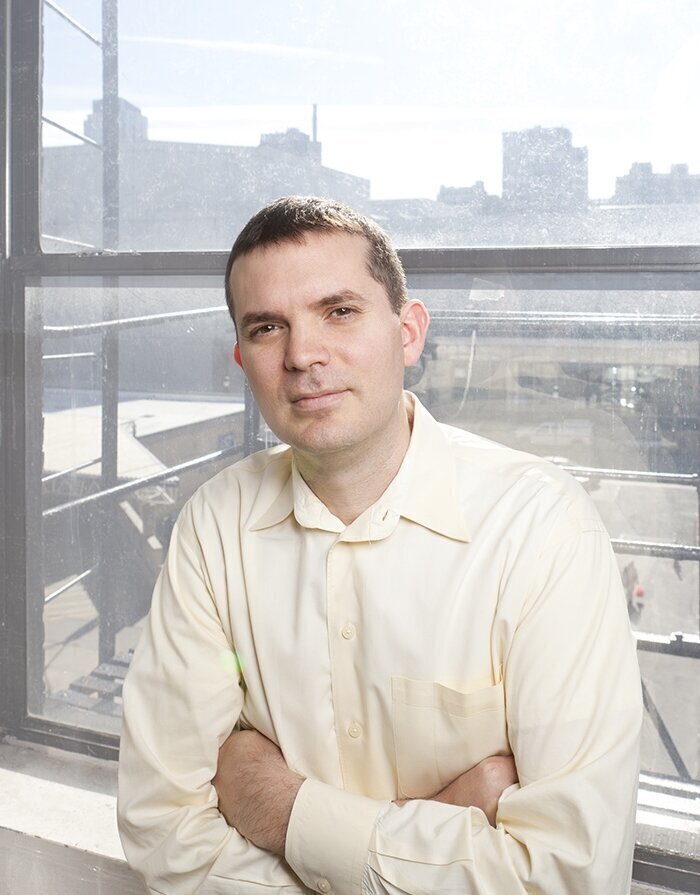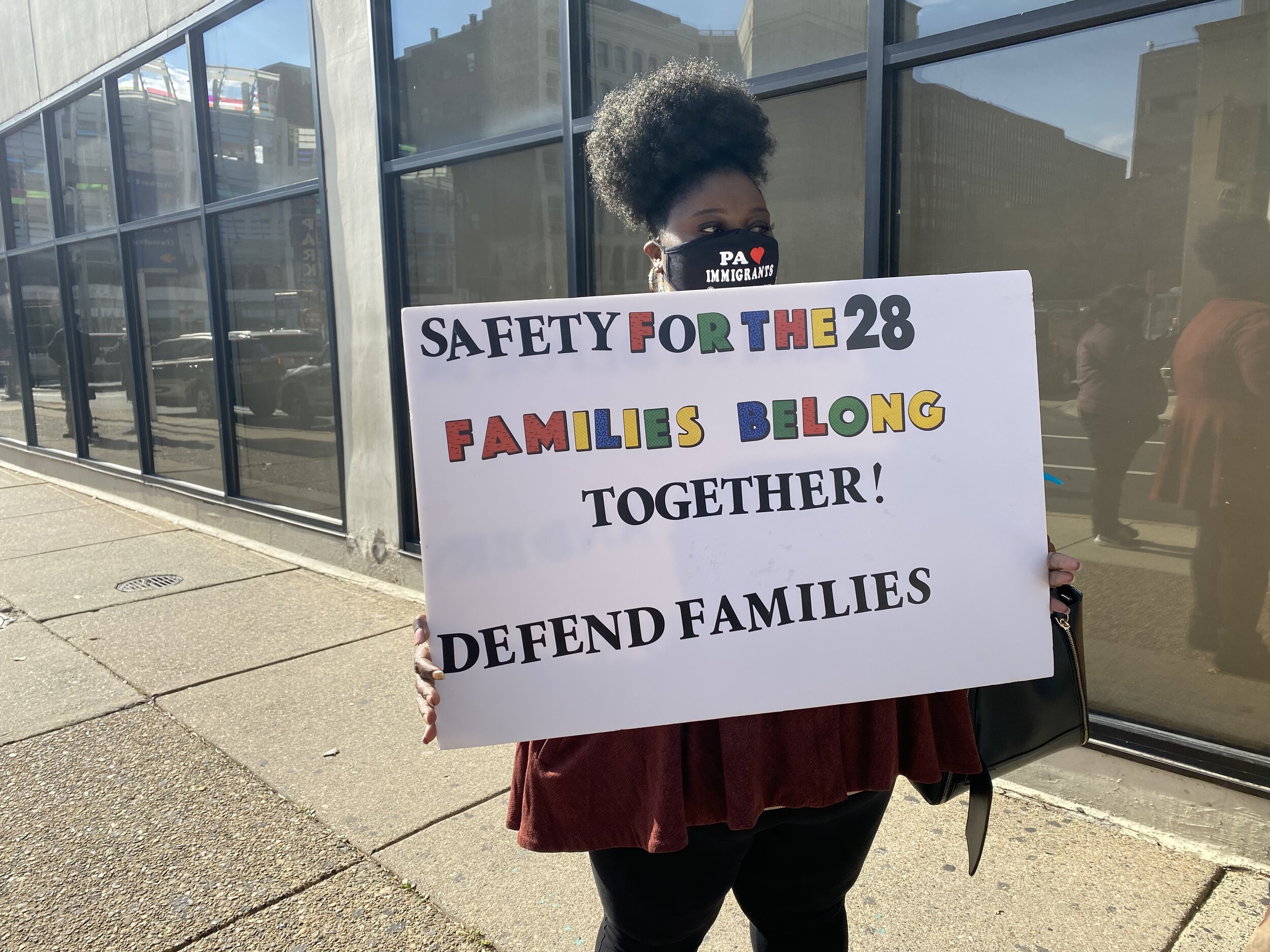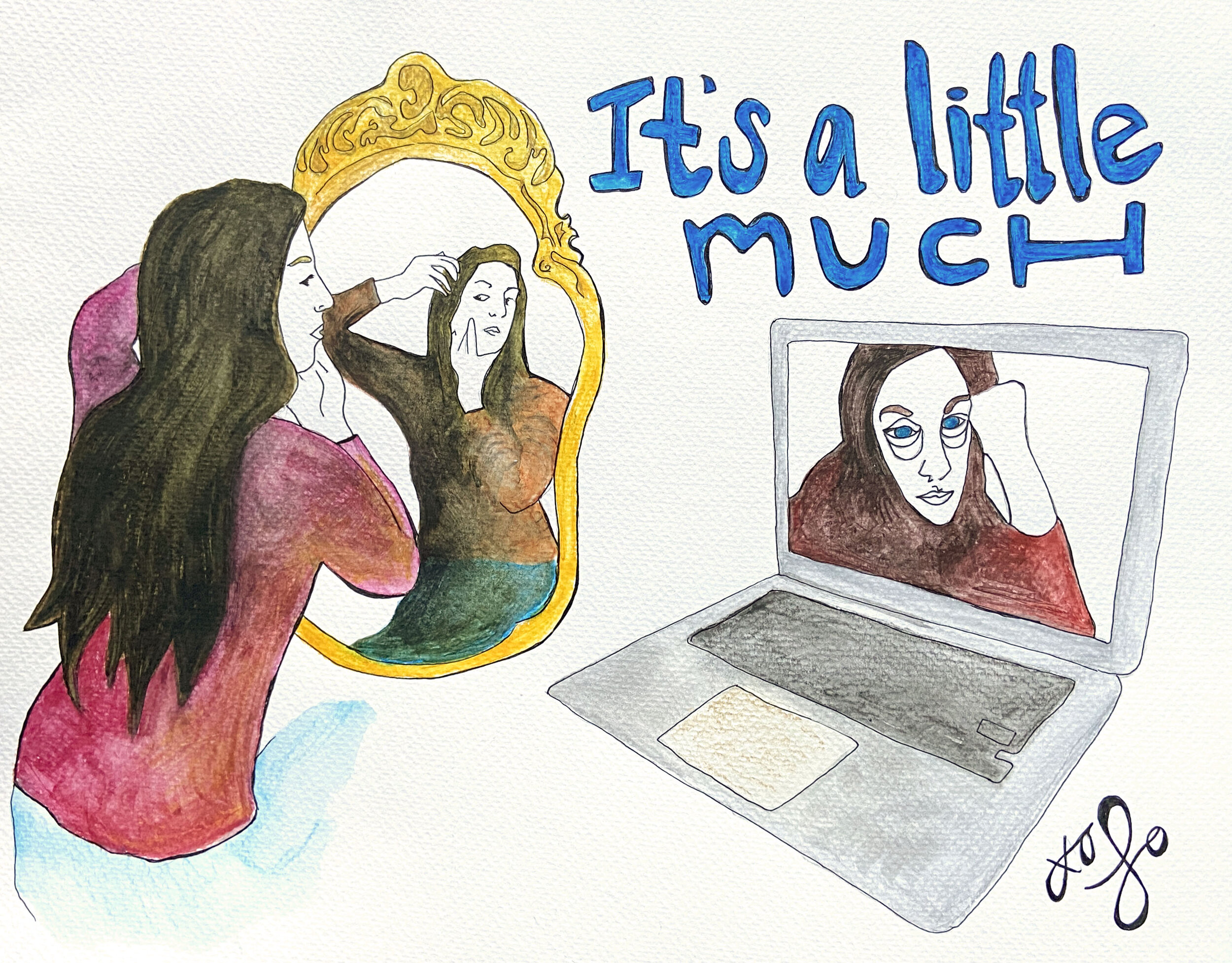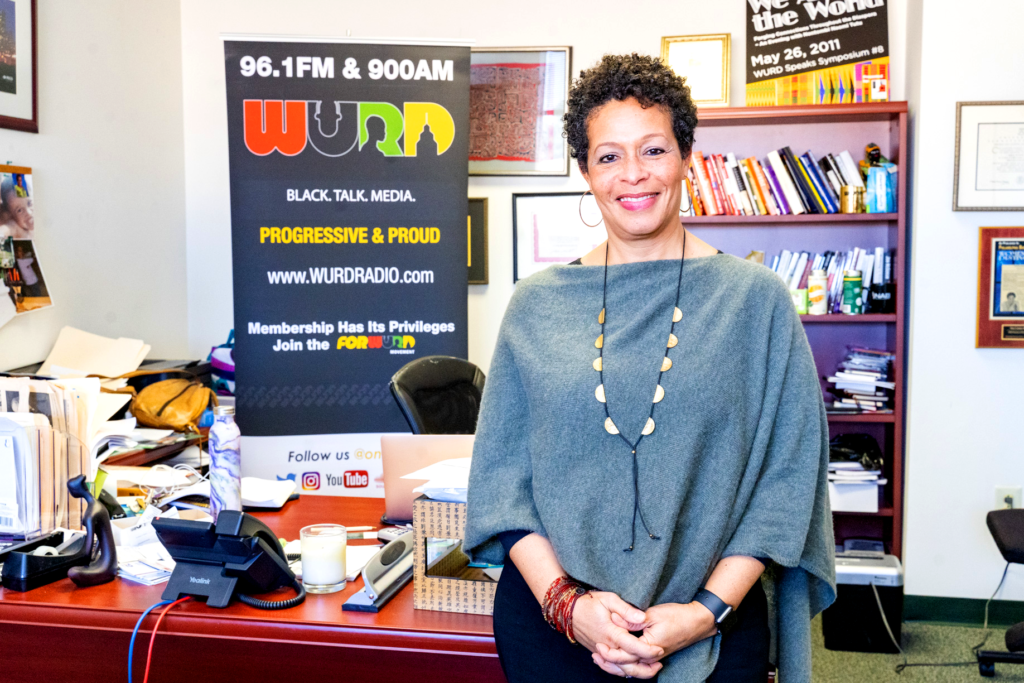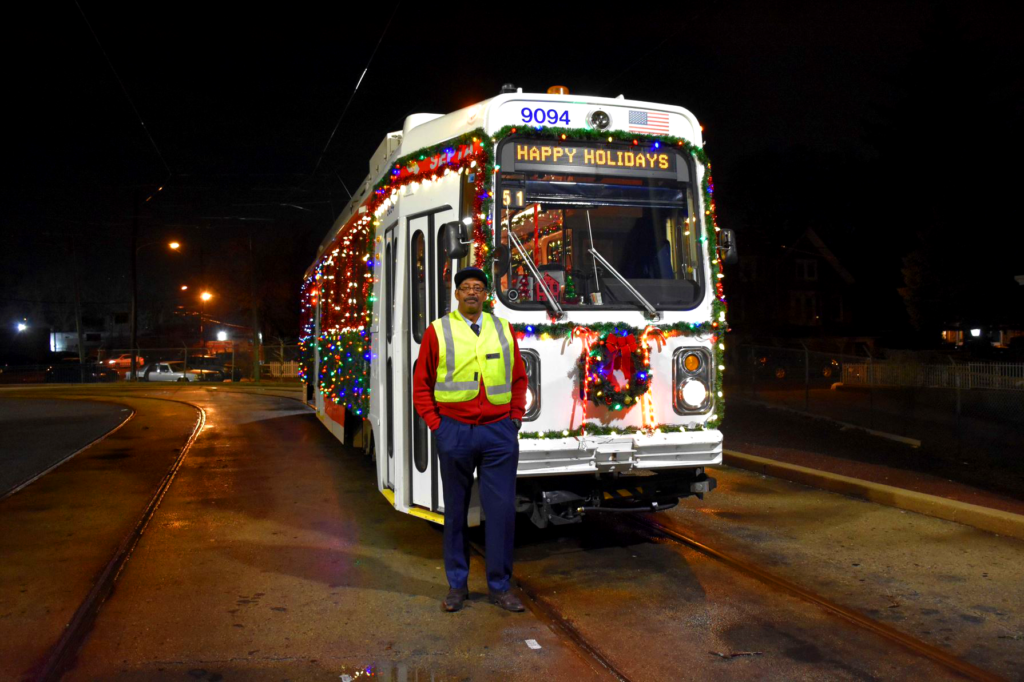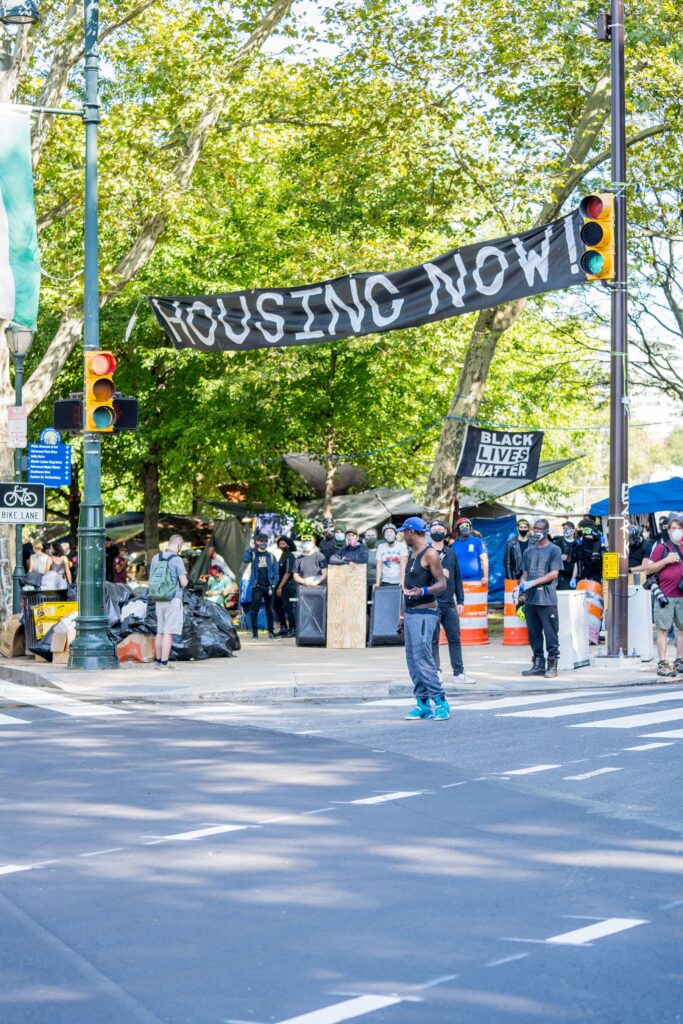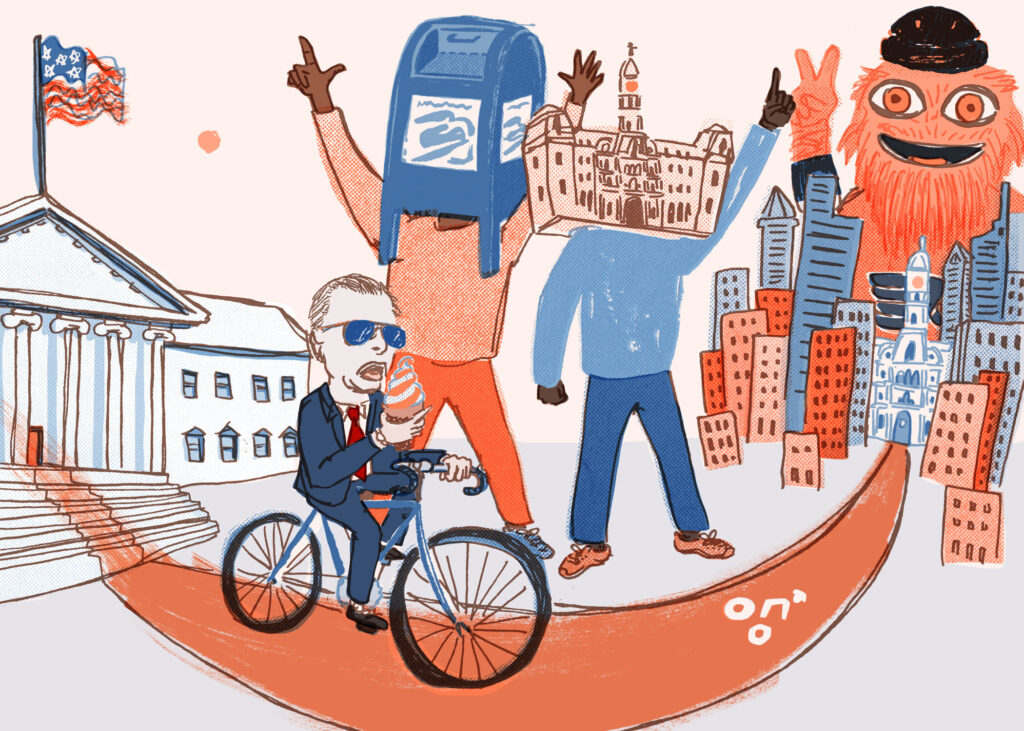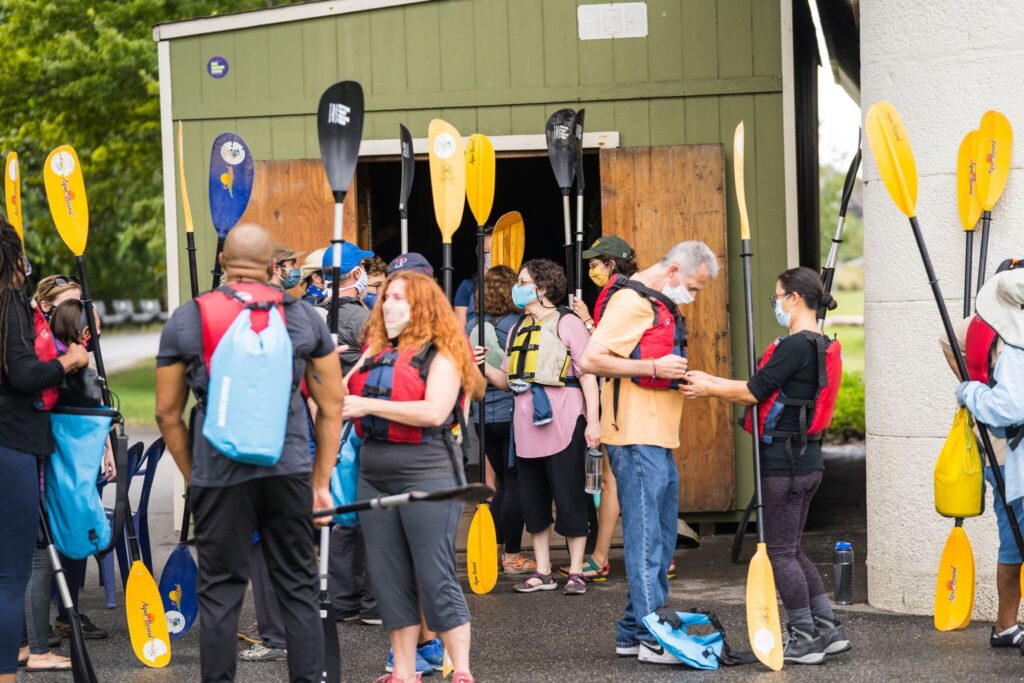I was stunned twice when, in 2018, I read an essay in The New York Times entitled “A Forest of Ancient Trees, Poisoned by Rising Seas.” The author writes about the 400 and 500 year-old black gum trees along the Delaware Bay in South Jersey doomed by climate change, then proceeds to catalog reports from the year documenting the diminishment of practically every ecosystem on the planet. It was heartbreaking to read, but I couldn’t help but admire the writer’s courage to unflinchingly confront something so difficult.
That writer is Philadelphia native Nathaniel Popkin. I knew him as an urbanist; as the cofounder of Hidden City Daily, an online news organization that focuses on historic preservation; and the author of “The Possible City: Exercises in Dreaming Philadelphia.”
So it wasn’t his eloquence that surprised me, but the topic.
This month, Popkin released a book called “To Reach the Spring: From Complicity to Consciousness in the Age of Eco-Crisis,” which shows he has been thinking about environmental issues for a long time. The book presents climate change—an incomplete term for all that is happening—in personal terms. It’s a beautiful and haunting book. We met on October 6, a 70-degree day, at the Race Street Pier to discuss it. (Watch video of the interview here.)
“We live in what I call the age of loss,” Popkin begins. “Every possible kind of ecosystem has been buried under asphalt. Unless we look at it and see it and take account for it for ourselves personally, I think we’re burying something inside of us that keeps us from being present, that keeps us from living fully right now.”
Popkin’s personal reckoning, and his book, begins with a letter to an imagined grandchild. He tries to explain how their ancestors knew what would befall them— the floods, the fires, the wars—yet failed to act.
“That grandchild is not going to be able to imagine a world in which there are elephants and polar bears and giraffes and cheetahs. Those are just the giant mammals that we so easily attached our minds to when in fact there are so many other things that are part of us that are disappearing.”
A point Popkin makes is that, regardless of our personal choices, we are—as individuals in our society and civilization—complicit.
“That’s why I connect the thinking about the eco-crisis to the way we talked about the … individual Germans complicit in the Holocaust … even though they knew what they were doing was contributing to the murder of a whole group of people. And we know what we’re doing. We know exactly to the very tiniest detail what we’re doing, so we are complicit.”
It might sound bleak—and in some ways, it is—but the book is laced with optimism. The title is taken from a work by Primo Levi, a prisoner at Auschwitz, about a moment of hope he felt in the face of horrific adversity.
“[I]t’s the winter ‘44 and he’s seeing how gray and brown and ugly and dead and desolate everything looks outside,” Popkin says. “And he’s imagining what it would be if it was green. [B]ecause the very slightest bit of hope, … the very slightest signal that life would go on, that beauty could exist, inflamed inside of the people at Auschwitz a possibility. We too must have that sense of possibility, and wonder, and beauty, for the natural world that we still live in, because it is still the most incredible thing to ever be imagined. And it still inspires us.”


